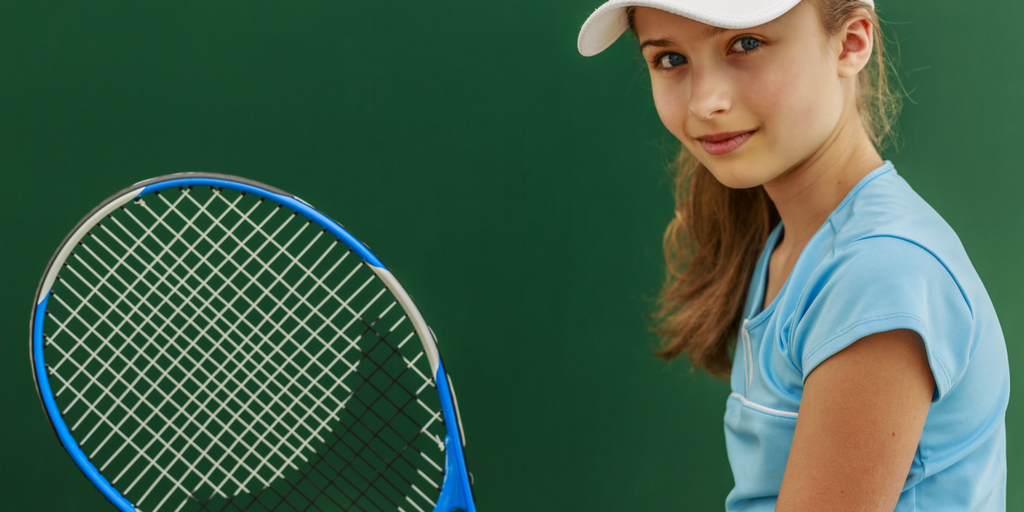
How the UTR Rating System Is Turning The Tennis Parenting Pressure Down
Universal Tennis
By Dr Anthony Ross (Courtesy of Study & Play USA)
Tennis parenting is super challenging. Much like ‘your heart running around outside your body’ as one parent once said.
I often tell the story of my own mum traveling across the world to Athens Georgia from Australia to watch my final appearance in the NCAA tournament only to be so nervous that she spent her time wandering around the tennis center instead of watching my matches.
And one thing that has not assisted reducing the stress that almost every parent endures throughout the junior tennis journey is traditional ranking pathways.
In my psychology practice I can’t tell you the number of times I’ve had parents fretting in my office over the pressure for their child to play more tournaments. To stretch financial resources so children can travel to more events in the quest of earning ‘vital’ points.
In total, the parental aim too often becomes about trying to give their child the advantage in gaining a higher ranking and thus more opportunities to be selected on junior teams or appear more attractive to potential college coaches.
Of course, with this focus comes unintentional extra pressure on the child to take advantage of these ‘opportunities’. In the end, all too often traditional junior tournaments can take on the feel of a pressure cooker rather than an enjoyable, developmentally supportive environment for players and parents.
But recently I’ve talked to several parents whose children have taken part in UTR events. And the first thing I noticed about their experience is a consistent sense that the events have a more supportive feel to them.
Look closer and this makes sense…
With the rating rather than ranking system there is no advantage to do the ‘points chasing’ path because the only way to improve your UTR rating is to improve your level of play. No longer is there such trepidation regarding the draws and the possibility of drawing a top player and being bundled out and sent home early on the back of an easy beating.
Instead, since players get several guaranteed matches where they can improve their rating simply by competing well the focus on winning at all cost shifts to improving competitive skill.
Parents have also reported the option for their child to participate in training from various experts aimed at assisting the development of important tennis and life skills.
All in all, it seems the UTR system has been able to turn the pressure of tournaments down to a level that is more supportive of creating an atmosphere of skill development and healthy competition, rather than a focus on gathering ranking points. I see this as a win for all parents wanting the best for their child.
Dr. Anthony Ross is a former Pepperdine All-American, Wimbledon competitor, and now tennis-specific sport psychologist. He is the director of Mentally Tough Tennis, a company dedicated to supporting healthy mental toughness development through tennis participation. Visit parentingmentallytoughtennis.com or coachingmentallytoughtennis.com for more.

